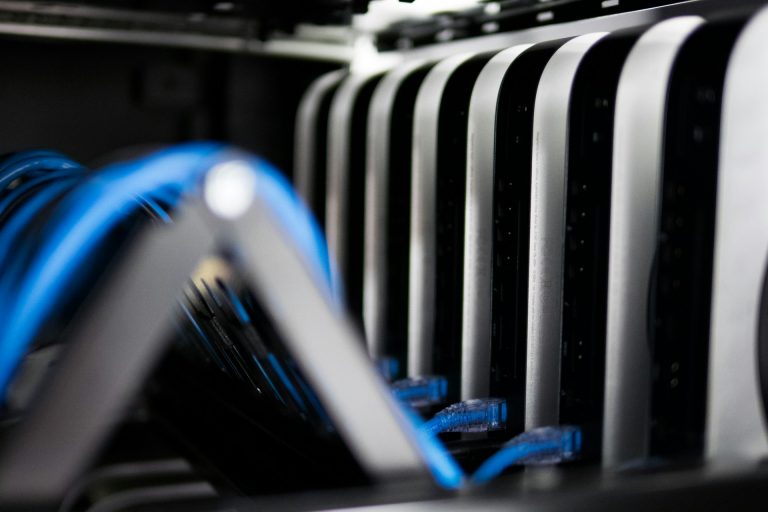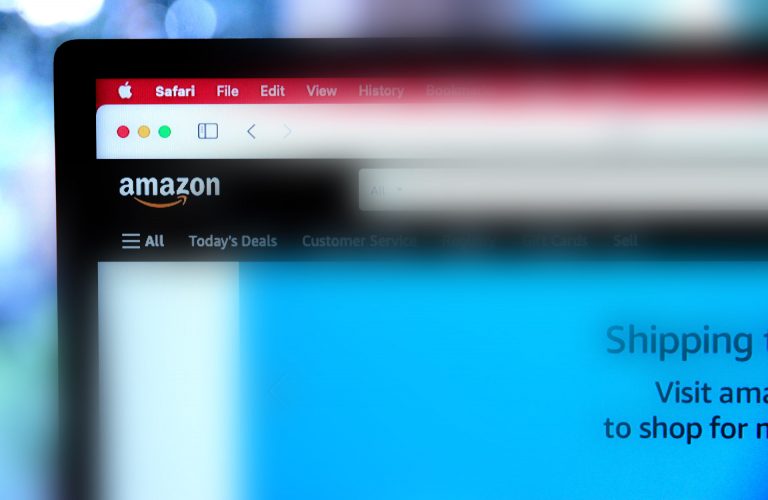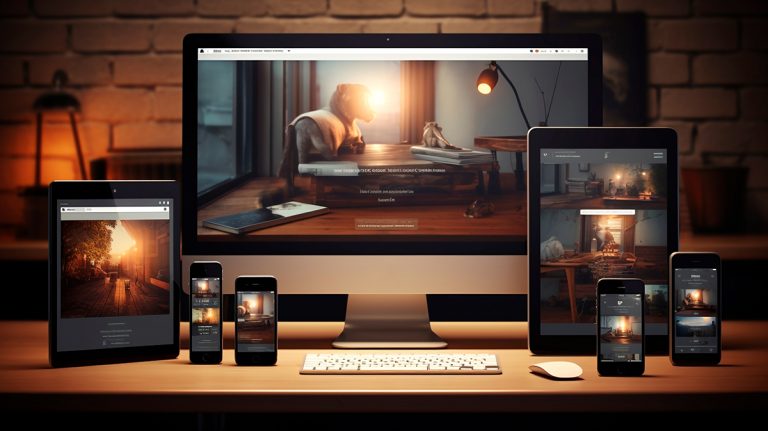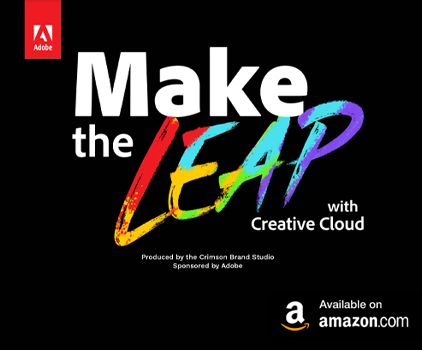A 2020 survey found that 64% of Americans believe that social media has a mostly negative effect on society. Whether you agree with the majority or not, it is no secret that social media can do a lot of harm when misused, both at the individual and the societal level. If you want to use platforms such as X or Instagram in the most responsible way possible, you might consider making certain habits part of your social media use routine. Here are some of the most important habits that could make social media a better place.
1. Analyze Before You Publish
The habit of analyzing before publishing is a significant one in the responsible usage of social media. Responsible social media users think about what their posts mean to others. Reflecting on a post’s impact on the well-being of others can help make sure that the material does not cause harm or misunderstanding in any way. The main idea here is not to react quickly, especially in emotionally charged situations, but rather think about your words’ impact on various audiences.
For instance, you’re upset about a local political decision and want to vent about it on social media. Before proceeding with that thought, it is helpful to momentarily consider how your words might sound to others.
By opting for an expression of thoughts that is polite as well as constructive, you can contribute toward a meaningful conversation rather than adding fuel to the fire unknowingly or hurting anyone else’s feelings. This allows civility to reign supreme while at the same time advancing your relevance and influence within your particular social network.
2. Show Respect for Personal Space
Respecting privacy means being aware of what personal information we share with others on our profiles or blogs and also being mindful of the boundaries other people may have concerning their own privacy in relation to us and seeking consent if necessary prior to uploading such content involving them. This practice is important because once something has been posted online it could be hard to control its dissemination or who gets access to it. Respect for privacy is essential for security reasons as well as for individual well-being.
Let’s say you went out with friends and family over the weekend and attended a party where numerous photos were taken. Before you post these pictures on any social network platform, it would be wise to ask people if you can post images with them on social media. This way, everyone’s choice regarding privacy would be respected, avoiding potential discomfort.
3. Verify Before You Share
The habit of verifying before posting is perhaps the most important habit on the list. After all, you do not want to share or reshare fake news, do you? By making verification from more trustable platforms your habit, you can help prevent the spread of false information and promote positive contributions toward the flow of true knowledge on social media. This is especially the case for information that can be political in nature (directly or indirectly), or when it seems sensational or too good to be true.
Imagine that you come across an article online reporting a controversial statement made by a celebrity. Before sharing this article on your favorite social media platform, try checking for other more credible news outlets to see whether it is correct or not. Such verification is even more necessary if the original source is unknown or does not have any reputation for good journalism.
4. Use Privacy Settings
Privacy settings are important tools for controlling access to personal information contained in individuals’ profiles such as photos, videos, and posts, as well as advertising partners that may be using these platforms.
These settings will protect you against publicizing private matters while preventing undesirable contact. Indeed, sharing too much on social media can be dangerous. Needless to say, updating them promptly when they change either due to personal choice or platform modification should always happen regularly.
For example, consider beginning a new job and wanting to shield your professional life from personal social media activities. You can create clarity between your professional and personal circles by altering privacy settings that limit who can see what you posted in the past or your personal details.
5. Limit the Time Spent on Social Media
Limiting the time spent on social media is about setting time limits for how long you spend on social platforms daily. By doing so, you can maintain a balance between virtual conversations and real-life interactions, reducing the amount of time engulfed by social media and its effects on productivity as well as mental health.
Instead of constantly checking your feeds all through the day, it would be better if you only look at them when on lunch or after dinner; this way you may be able to better concentrate on your work since you will not have any distractions around you.
6. Flag Policy Violations
If you see someone being hurt or at immediate risk of being hurt on the street, chances are you will take action. You can do the same while on social media, even if the nature of the harmful content does not warrant involving the authorities.
One needs to consider that reporting inappropriate content is a proactive way to maintain a safe environment on social media platforms. Just because social media is full of scams, it doesn’t mean you should not report one when you see it. This involves using the tools provided by the platforms to alert moderators about content that violates community guidelines, such as hate speech, harassment, or misinformation.
For example, you see a post targeting particular groups or individuals with strong derogatory language; instead of ignoring it or replying to it, use the reporting feature offered by this site/platform instead. Additionally, this step may lead to having such posts removed from circulation.
Bottom Line: Social Media Is Probably Here for the Long Run, So Let’s Make It Better
Being a responsible social media user is no art. Responsibility can consist of being concerned about your own well-being and those of others. As long as you are careful with what you share and don’t act impulsively, chances are you will not harm yourself or others while online.
Having responsible habits will not help you solve all the problems associated with social media, as many of these issues can only be solved by those who regulate businesses and the companies who own these platforms. That being said, everyone can make a difference, including you.










